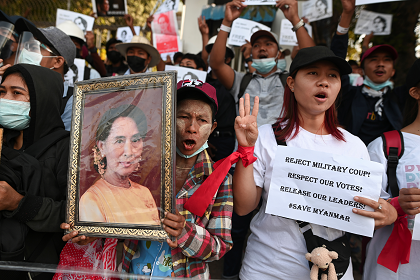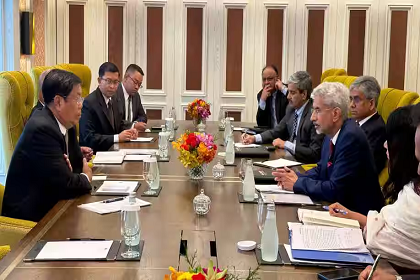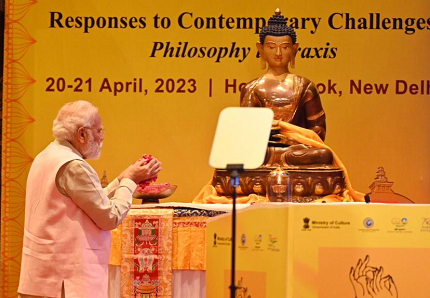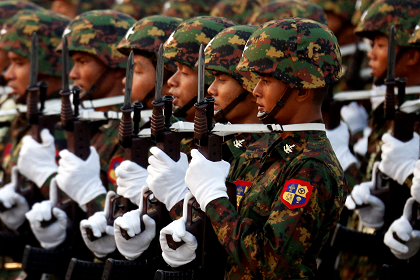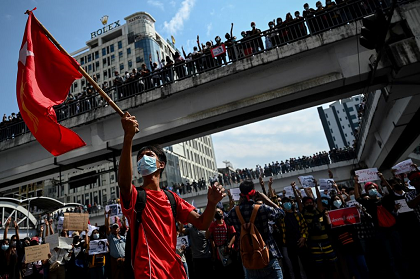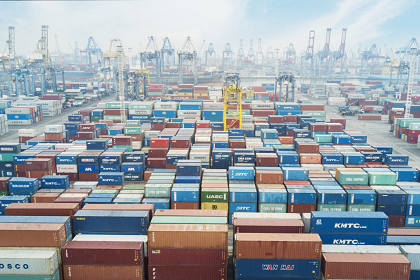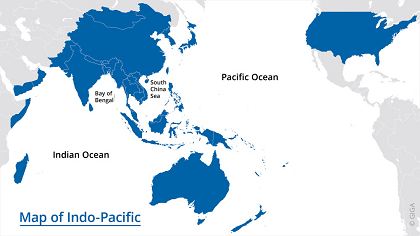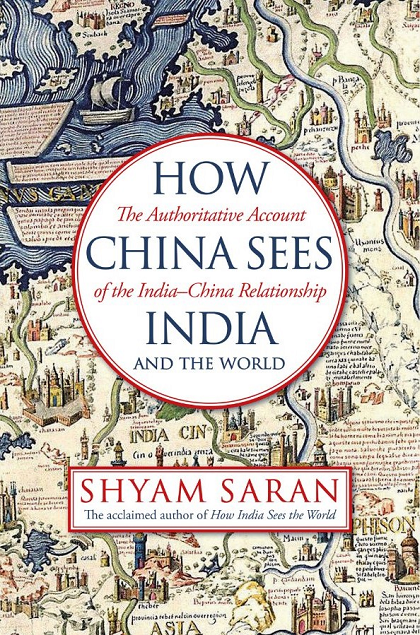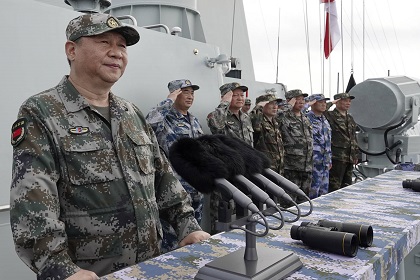Myanmar’s Decade of Hope and Gloom: Implications for India
Two years on since the military coup in 2021 and the continued absence of security and stability has only worsened the political and economic situation in Myanmar has only worsened in the absence of security and stability. India's long-standing strategic and economic interests in Myanmar will not be achieved if it doesn't proactively step up now to prevent the from becoming a flawed polity or a dependent of China.

